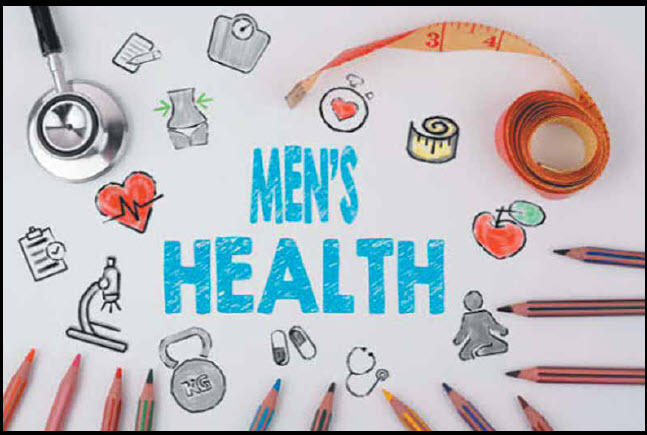Yes, your health matters. Your life matters. And you are not alone.
A few years ago, my brother’s life changed with a diagnosis that would begin a long, painful journey. At first, he met it with resolve—attending appointments, taking his medications, and trying to maintain the rhythm of his life. He loved life. He loved his people. And even as his body began to betray him, he held onto the moments that made him feel alive.
But illness is relentless. It doesn’t ask permission. It doesn’t wait for the right time. As complications mounted, his strength waned. Hospital stays grew longer. Daily tasks became harder. And I watched— sadly, painfully—as the brother I loved began to fade.
Many families live with watching someone they love wrestle with the weight of illness, the burden of decisions, and the quiet surrender that sometimes follows.
My brother passed away recently. And while my heart aches with the loss, I also carry a message that I believe he would want me to share.
To every man reading this: Your health matters. Your life matters.
Do not wait until the diagnosis comes. Do not ignore the warning signs. Do not push away the people who want to help you. Build a care team—family, friends, professionals—who can walk with you, advocate for you, and hold you up when you feel like falling.
But also, be vigilant. Understand your choices. Ask questions. Know the impact of your decisions—not just for yourself, but for those who love you. Because when you suffer, they suffer too. And when you fight, they fight with you.
This is not just a tribute to my brother. It’s a charge to every man to take ownership of his health, to lean into support, and to honor the life he’s been given.
🔑 Key Steps for Men’s Health
· Schedule Regular Checkups: Don’t wait for symptoms. Annual physicals, blood pressure checks, and screenings for cholesterol, diabetes, and cancer are essential.
· Know Your Family History: Understanding your genetic risks helps you and your doctor make informed decisions about prevention and treatment.
· Prioritize Mental Health: Depression, anxiety, and stress are real—and treatable. Talk to someone. Therapy, support groups, and open conversations save lives.
· Stay Active: Aim for at least 30 minutes of physical activity most days. Walking, biking, or even dancing counts.
· Eat for Longevity: Choose whole foods, lean proteins, fruits, and vegetables. Reduce processed foods, sugar, and excessive alcohol.
· Build a Care Team: Let family and friends support you. Share your health journey. You don’t have to do it alone.
· Understand Your Medications: Know what you’re taking, why, and how it affects your body. Ask questions and stay informed.
· Be Proactive, Not Reactive: Don’t wait for a crisis. Prevention is power.
By: Jackie Warner
Career Development Facilitator
“Impact, Engage, Grow” Community Matters








